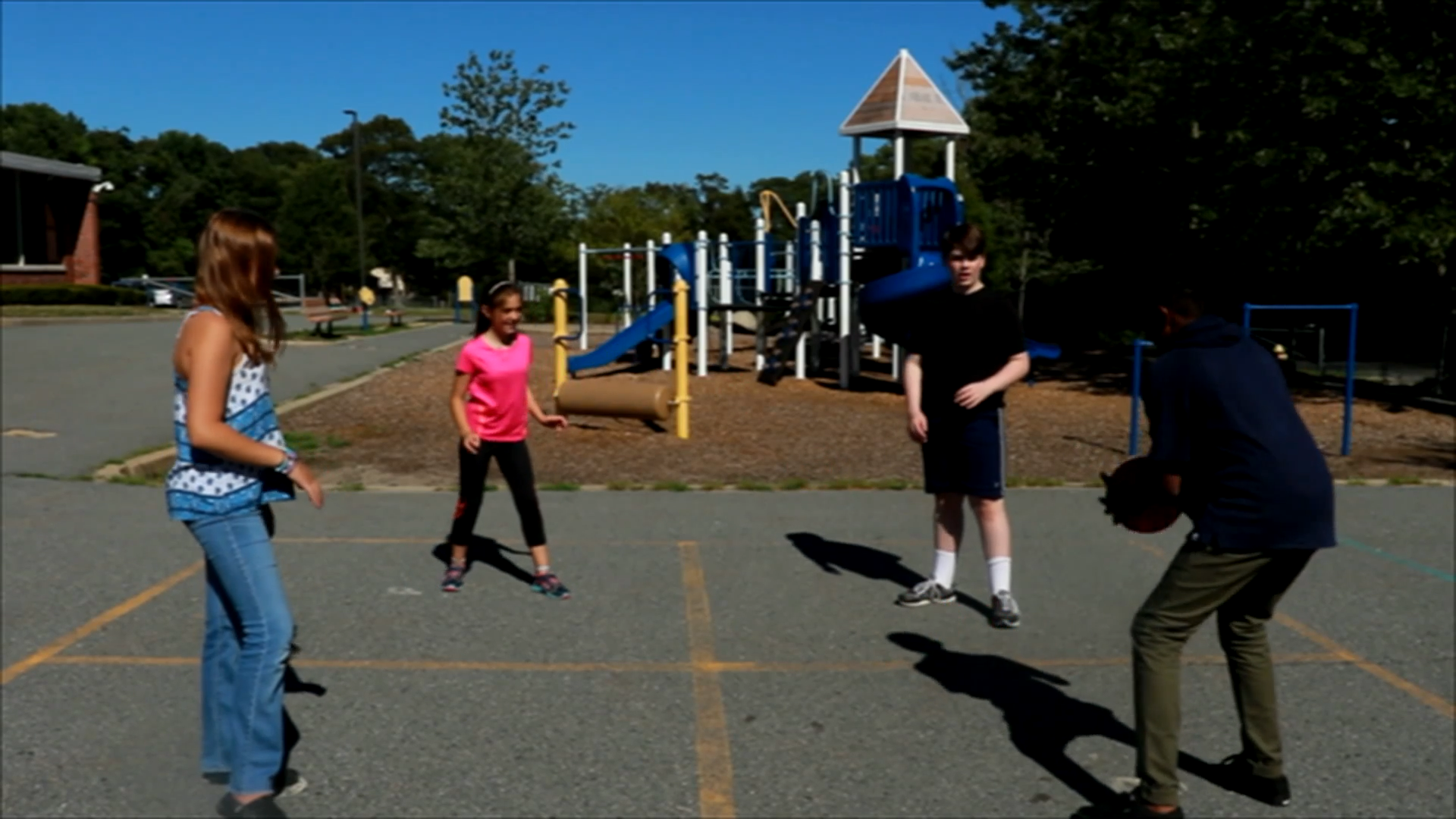Introduction
Participation is a crucial aspect of social-emotional learning for students in special education. It involves actively engaging in group activities, making comments, asking questions, and following the actions of the group. When students participate, they develop essential communication and social skills, fostering a sense of belonging and inclusion. This blog post will discuss an easy no-prep activity to encourage participation, provide discussion questions, and mention related skills that can be developed alongside participation.
No-Prep Activity
A simple yet effective no-prep activity that educators can use to facilitate participation is called “The Compliment Circle.” This activity requires no materials and can be easily adapted to suit any group size or age range. Here’s how it works:
- Have students sit in a circle so that everyone can see each other.
- Choose a student to start the activity. This student will give a compliment to the person sitting to their right.
- The person who received the compliment will then give a compliment to the person sitting to their right, and so on, until everyone has both given and received a compliment.
- After the activity, discuss the experience and the importance of participating in group activities.
This activity encourages students to actively engage with their peers, practice their communication skills, and develop a positive classroom environment. It also provides an opportunity for students to practice listening and responding to others, which are essential components of participation.
Discussion Questions
After completing the Compliment Circle activity, use these discussion questions to further explore the concept of participation and its importance in social-emotional learning:
- How did it feel to give and receive compliments during the activity? How did participating in the activity contribute to this experience?
- Why is it essential to actively participate in group activities, rather than just being near the group or passively observing?
- Can you think of a time when you or someone you know did not participate in a group activity? How did it impact the group dynamic and the overall experience?
- What are some strategies you can use to encourage yourself and others to participate in group activities?
- How can participating in group activities help you develop your communication and social skills?
Related Skills
Along with participation, several other skills are essential for students’ social-emotional development. These skills often work together and can be nurtured simultaneously. Some related skills include:
- Active Listening: Paying close attention to what others are saying and responding appropriately is an essential part of participating in group activities.
- Collaboration: Working together with others to achieve a common goal is a valuable skill that can be developed through active participation in group activities.
- Empathy: Understanding and sharing the feelings of others can help students become more effective participants in group activities, as they can better understand the needs and emotions of their peers.
- Self-awareness: Recognizing one’s own emotions, thoughts, and actions can help students identify areas for improvement and actively participate in group activities more effectively.
Next Steps
Encouraging participation in group activities is a vital aspect of social-emotional learning for students in special education. To further develop these skills and explore additional resources, sign up for free sample materials at Everyday Speech. These resources will provide you with valuable tools to help your students develop their social-emotional skills, including participation, active listening, collaboration, empathy, and self-awareness.






